Could you help me, please figure out why t-sql expression following:
DECLARE @SearchWord varchar(max)
SET @SearchWord = '"I went to primary school in London "'
SELECT * FROM sys.dm_fts_parser('FormsOf(INFLECTIONAL, '+ @SearchWord + ')', 1033, 0, 0)
where display_term in
( SELECT display_term FROM sys.dm_fts_parser('FORMSOF(INFLECTIONAL, "go to school")', 1033, null, 0) )
returns

while
DECLARE @SearchWord varchar(max)
SET @SearchWord = '"I went. to primary school in London "'
SELECT * FROM sys.dm_fts_parser('FormsOf(INFLECTIONAL, '+ @SearchWord + ')', 1033, 0, 0)
where display_term in
( SELECT display_term FROM sys.dm_fts_parser('FORMSOF(INFLECTIONAL, "go to school")', 1033, null, 0) )
returns

i.e. when a single dot is added somewhere in the searchstring, the corresponding occurrences shift by 8 positions? Is there something wrong with dot or maybe my t-sql expression? Thanks in advance!
